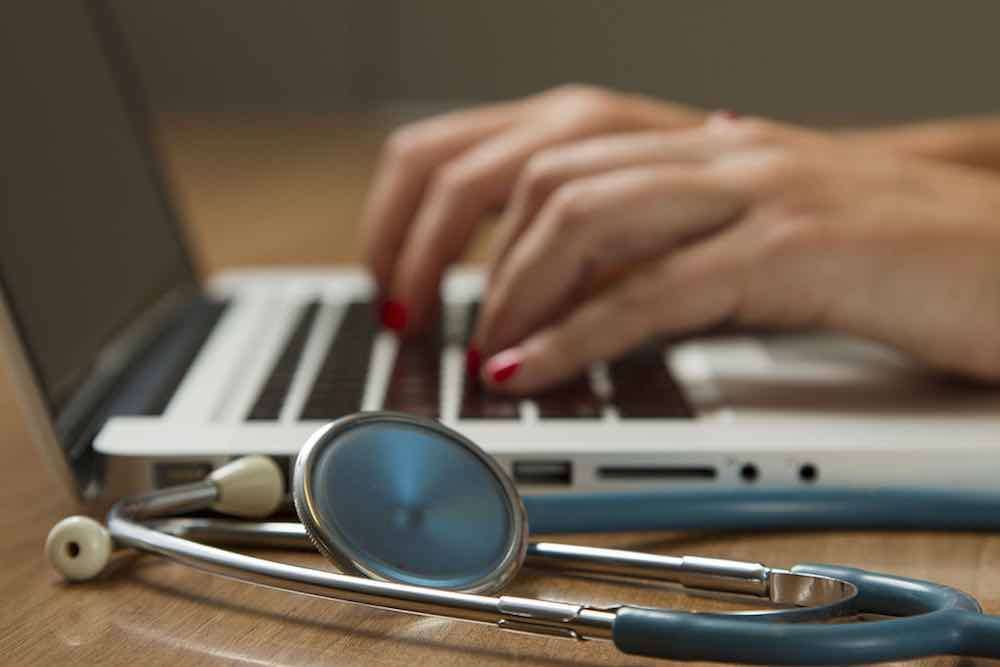MIT is Developing Color-Changing Tattoos that Can Monitor Your Diabetes in Real Time
Instead of using traditional ink, these researchers are using biosensors to monitor the body's glucose, sodium, and alkali levels.

In order to combat the excessive amount of "fake news" concerning cancer treatment, this charity has just appointed a digital nurse to dispel myths about cancer on the internet.
The digital nurse in question, Ellen McPake, says that because patients will often Google their diagnosis out of anxiety or stress, it is now her job to educate social media users about their disease.
According to the Macmillan cancer charity in the UK, over 42% of people with cancer have looked up information about their diagnosis online, often because they say they didn't fully understand what their doctor had them told about their condition.
Other statistics have shown that about one-third of cancer patients say they were "in a daze" following their diagnosis, making it hard to understand information about their condition.
"Once the doctor says ‘cancer', people automatically then shut down and they don't take in the information that they're given," McPake told the BBC. "So they go home, speak to the family. And then they'll sit online that night and get themselves in a frenzy with what they're reading."
In addition to answering questions on social media, McPake will host a monthly question and answer session for different kinds of cancer on the Macmillan charity website. November's theme will be based on head and neck cancer; December will be based on dealing with the emotions surrounding the disease.
Professor Jane Maher, Joint Chief Medical Officer at Macmillan Cancer Support, says: "It's completely natural for people to want to Google their diagnosis when they're told they have cancer. But with countless unverified statistics, fake news and horror stories on the internet, ending up on the wrong website can be really worrying. This can leave people pinning their hopes on a dangerous bogus cure or underestimating the benefit of routine treatments."
Click To Share The Good News With Your Friends (Photo by Daniel Sone, CC)
Be the first to comment